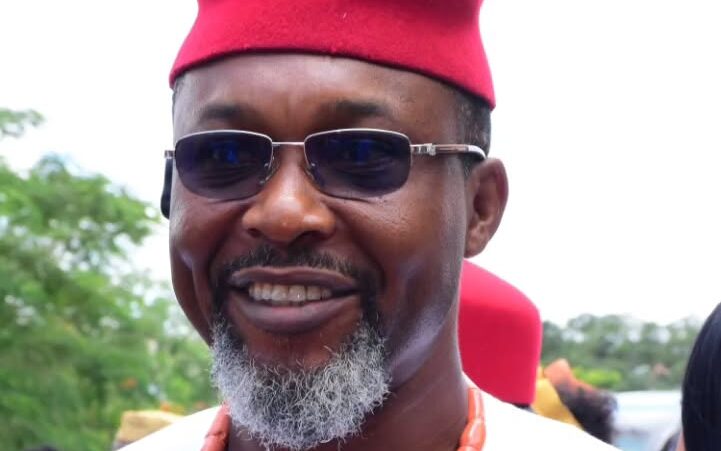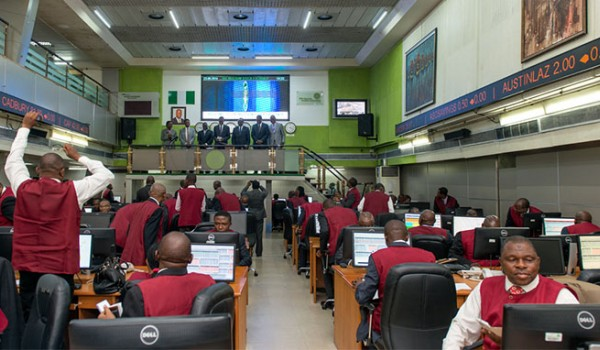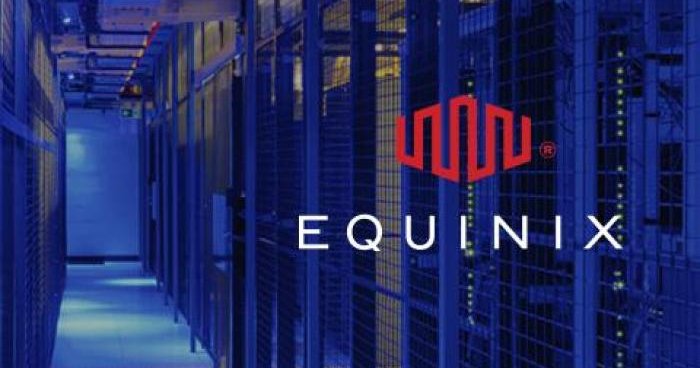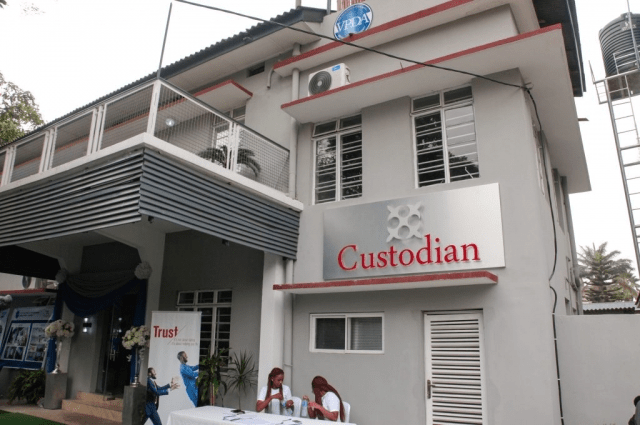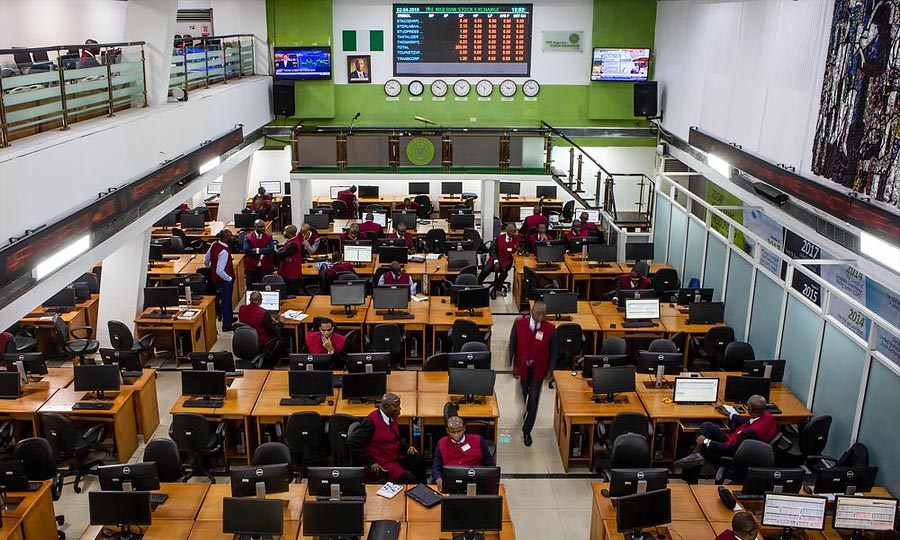Effective waste management is a critical challenge for rapidly growing cities like Lagos. To address this, Lafarge Africa Plc has partnered the Lagos State Government to enhance solid waste management through sustainable solutions. This collaboration aims to reduce landfill waste, promote waste-to-energy initiatives, and support Lagos’ vision of a cleaner, greener city. Esther Oluku reports
As urbanisation accelerates, waste management remains a pressing challenge for cities like Lagos. In response, Lafarge Africa Plc has partnered the Lagos State Government to implement sustainable waste management solutions.
This collaboration aims to reduce landfill waste, promote waste-to-energy initiatives, and support Lagos’ vision of a cleaner, more environmentally friendly city. Through innovative approaches and strategic partnerships, the initiative reinforces Lafarge Africa’s commitment to sustainability and climate action.
Essentially, Lafarge Africa continues to take significant steps towards a cleaner, more sustainable future, collaborating with diverse stakeholders to achieve meaningful and lasting impact. The company has over the years leveraged the expertise, resources, and networks of various organisations, including government bodies, non-profit organisations, research institutions, local communities, and industry associations. A collective approach that allows for a comprehensive understanding of the challenges faced and facilitates the development and implementation of innovative solutions.
Strategic Partnership with Lagos State Government
Recently, Lafarge Africa signed a Memorandum of Understanding on solid waste management with the Lagos State Government through the Lagos State Ministry of the Environment and Water Resources for the collection of non-recyclable combustible waste around the state and landfill sites.
A partnership the Managing Director of Lafarge Africa Plc, Lolu Alade-Akinyemi, described as a unique opportunity that “will strengthen the firm’s leadership in sustainable construction and climate action and allow both parties to make meaningful contributions to sustainable waste management in Nigeria.”
Addressing Lagos’ Waste Management Challenges
According to a 2024 report by Punch Newspaper, Lagos produces approximately 13,000–15,000 metric tonnes of solid waste, equivalent to approximately 490 trailers per day, a task that the Lagos Waste Management Authority (LAWMA), the agency saddled with the collection and disposal of municipal and industrial waste in the state, has managed effectively. Although informal settlements and poor waste disposal practices continue to exacerbate the issues.
This makes the intervention of Lafarge Africa timely and pivotal, a view buttressed by the Lagos State Commissioner for Environment and Water Resources, Tokunbo Wahab, who highlighted the development as a landmark milestone that “will enable Lafarge Africa to support the state’s vision of a cleaner Lagos in line with the Lagos Waste Management Authority’s ambitious zero waste to landfill objective.”
Lafarge Africa’s Commitment to Sustainability
Lafarge Africa has been at the forefront of sustainability in its operations, a feat that has positioned the innovative cement company as a leader in sustainable solutions. It continues to seek out opportunities for collaboration across sectors, both public and private, in order to push innovation and diminish negative impacts resulting from its operations while shaping a greener future.
From launching Nigeria’s first green depot and electric truck fleet to launching innovative products like the Eco Label cement brand, offering high-performance, sustainable, and circular construction materials for customers, thereby enabling them to contribute to the country’s carbon reduction goals, the company continues to demonstrate its commitment to reducing emissions and building a greener future.
Geocycle: Driving a Zero-Waste Future
The company has been able to thrive on its sustainability journey many thanks to its waste management arm, Geocycle, Nigeria’s first full-fledged professional waste management service provider. Geocycle handles waste from a variety of waste-generation sectors, including production, FMCG, and manufacturing, in a safe, sustainable, and environmentally friendly manner.
Through this, Geocycle is working towards attaining A Zero-Waste Future and the global goal of Zero Waste to Landfill and Waste-to-Energy (WtE) as the company collects waste and converts it to the energy required to fire the kiln for cement production.
So, it was no surprise during the signing of the MOU that Alade-Akinyemi, explaining that Lafarge intends to collect non-recyclable and combustible waste and divert it to the Ewekoro Plant as an alternative fuel for production, confidently said, “All of these will be powered by Geocycle, our waste management arm.”
Environmental and Economic Impact
The extension of the company’s sustainable expertise to Lagos affirms its successful deployment of waste-to-energy solutions globally, which is inherent in its operations and embedded in its DNA. As a leader in building solutions and a responsible corporate citizen, the company recognises that managing waste effectively is critical to environmental stewardship, community well-being, and long-term economic development.
The initiative poses a broader environmental impact beyond the immediate advantages to Lafarge Africa and Lagos State because the waste sourced through the partnership will be utilised as an alternative fuel in the company’s cement kilns, replacing fossil fuels and reducing carbon footprint, which results in a huge contribution to Nigeria’s decarbonisation journey.
Strengthening Industry Collaborations
Through the years, Lafarge Africa has partnered with various organisations across different sectors, thereby strengthening its leadership in sustainable construction and climate action.
One of such is with Nestlé Nigeria Plc to reduce emissions by 2030 and ultimately attain net-zero by 2050. Another is in the oil and gas industry, a collaboration with Chevron Nigeria to address urban waste management challenges with the inauguration of a new Alternative Fuel and Raw Material (AFR) platform at its Mfamosing plant in Cross River State.
The successes recorded in these various partnerships have been remarkable, hence, the confidence that the new venture with Lagos State Government will bring about a positive turnaround as expressed by the Managing Director of LAWMA, Dr Muyiwa Gbadegesin, “With this collaboration, we are setting a new precedence on how municipal solid waste is processed and repurposed.”
Quote
This collaboration aims to reduce landfill waste, promote waste-to-energy initiatives, and support Lagos’ vision of a cleaner, more environmentally friendly city. Through innovative approaches and strategic partnerships, the initiative reinforces Lafarge Africa’s commitment to sustainability and climate action

